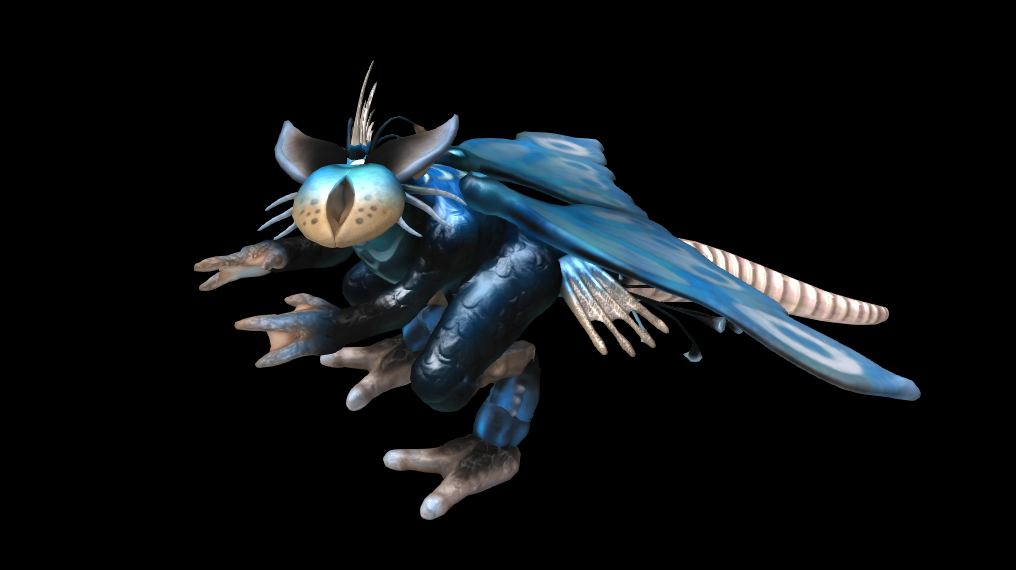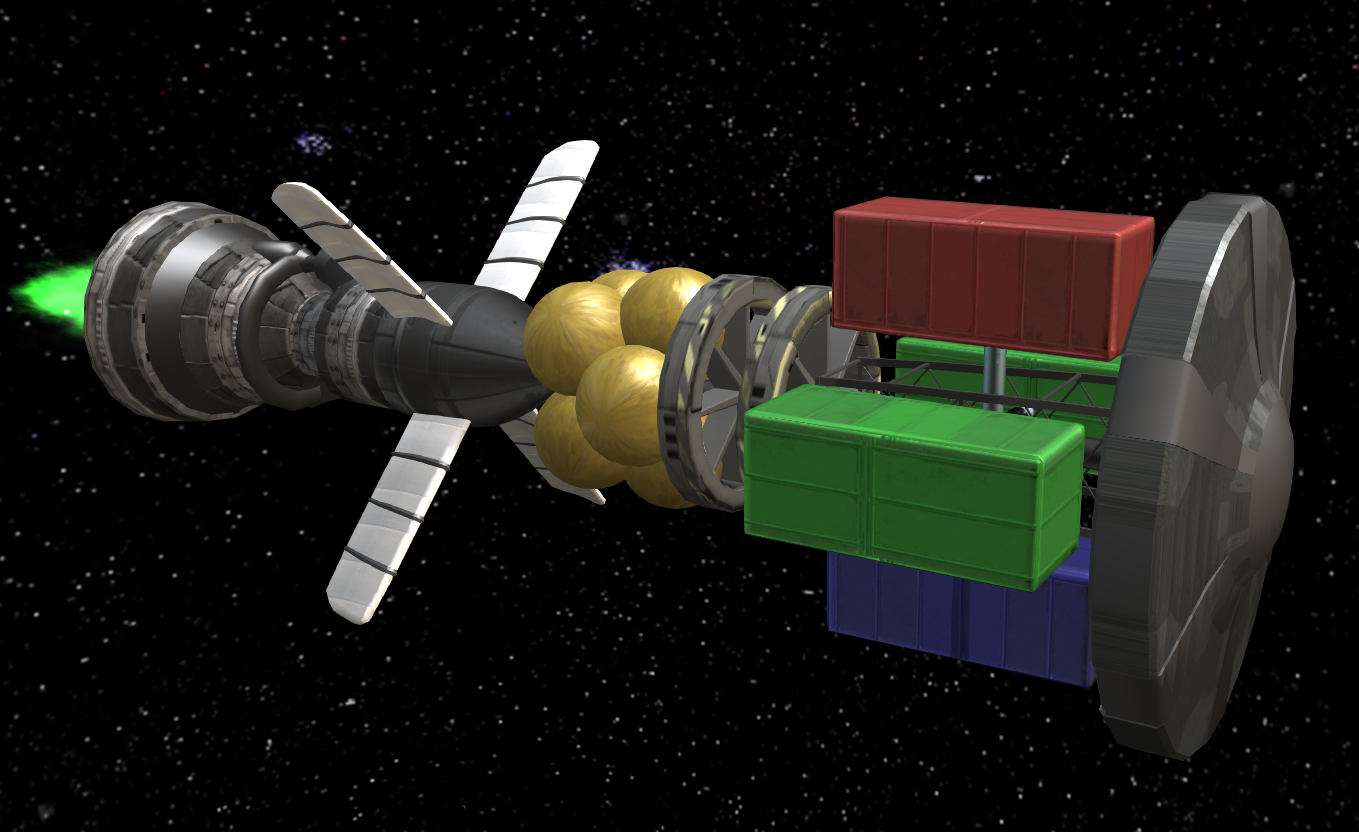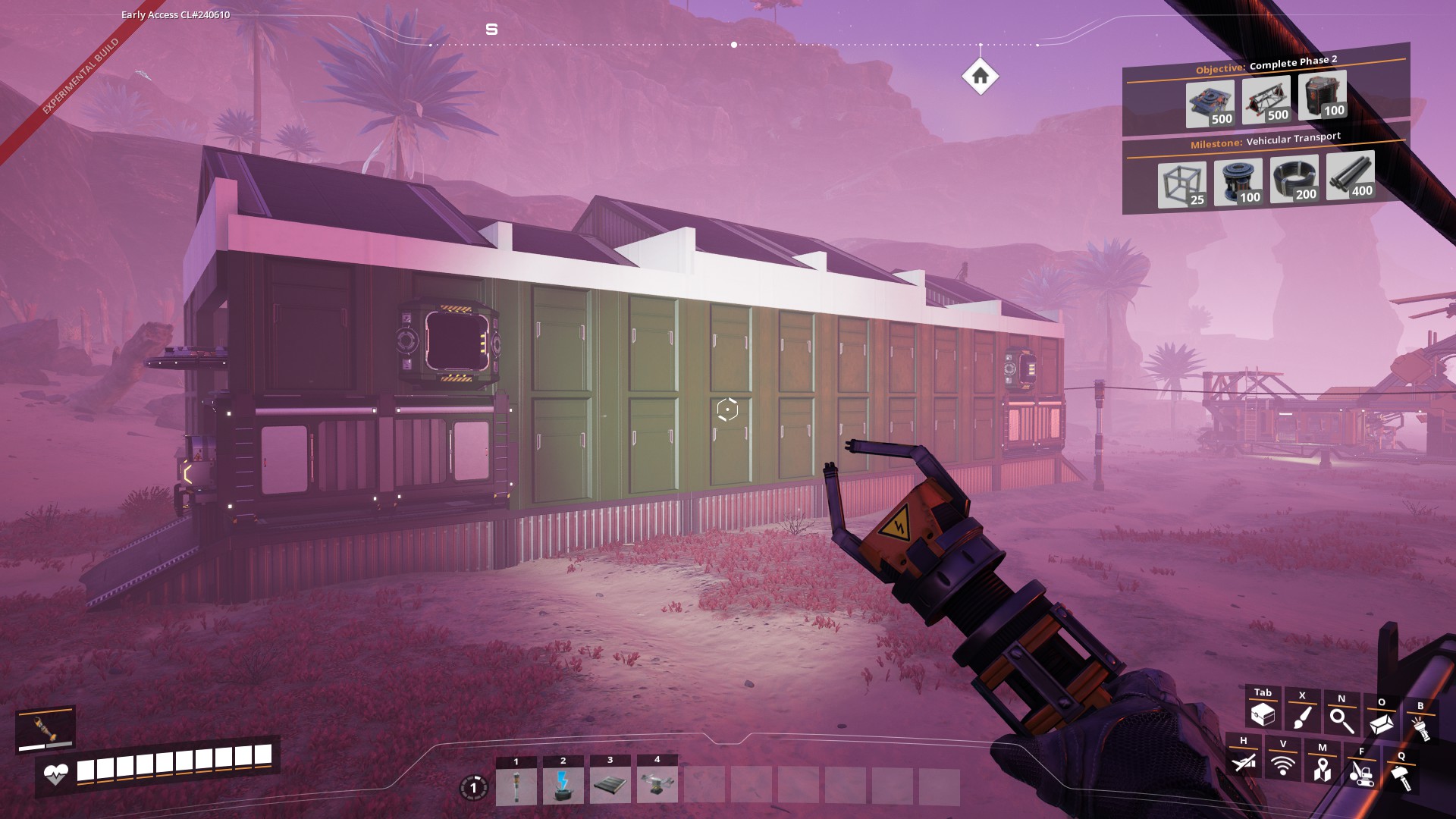I mean, a few million nationwide is high numbers to get for a protest, but not for a presidential election, with the size of the US anyway. I'd bet most of them probably voted. It's the more politically engaged segment of a population that one would expect to show up to a protest, after all.
I dont think that you can design a constitution capable of this, because at the end of the day, a constitution is just words on paper, so if you can get enough people capable of violence to follow you, you can simply directly violate the thing and declare yourself dictator, and an elected executive must by being elected have a significant group that at least somewhat approves of them, and by being an executive have some ability to ensure the law is carried out implying the capacity for violence. You can try to weaken the executive to make this more difficult I suppose, but you probably cant make it impossible without breaking the functioning of the executive completely, and you also need to avoid a case where one of the other two branches seizes control from the rest as well.
Ultimately what you need for a healthy democracy is two things: an election system that actually represents the wishes and interests of the people, which is anywhere from very difficult to not technically truly possible, and a populace that cares enough about their system to not use their electoral power to elect someone (or pass laws in the case of a direct democracy) that demolish or usurp that system. The US fails at both of those at the moment, the latter possibly in part due to a long time deficiency in the former.
The first one would be meaningless without an actual change to the election system. There are more than five parties in the US after all, technically speaking, the ones outside the other two simply arent viable because first past the post voting trends towards two dominant parties.
Wealth is not money, as the concept of inflation demonstrates. It is the stuff money represents. If you create more of that, you're creating more wealth.
I mean, has the system ever not eventually stabilized in another state? The fact that we have had extinctions, quite a lot of them even involving most species that have ever existed, and yet complex life and ecosystems still exist, would suggest that life will find a way to adapt around such a loss given time.
If I bring in more resources and lower the price, then suddenly people can have more stuff with the same amount of money. How is that not creating wealth? Do you think there exists the same amount of wealth in the world now as there was when currency was invented? That seems obviously untrue, since even if you had literally all the money in the world back then, you wouldn't have been able to buy as much with it as you could if you had all the money in the world now.
For that matter, if it were literally impossible to create wealth, people should have had a lot more in the past, due to that wealth being distributed among fewer people. If you go further, you would have to question how wealth exists at all: the concept didn't exist before people, so if people cannot create wealth, where did it all come from?
I've answered responses along those lines a couple times at this point. My position is that pain is a bit like mind control; you probably could get me to change my mind that way, but the reason for doing so wouldn't be anything to do with the reasons why I think this stuff unethical and everything to do with the way sufficient pain overrides one's normal thinking and forces you to pay attention to it.
"Someone/something could torture you into changing your mind" doesn't say anything about how right or wrong the original position is, you could probably torture someone into believing the earth is flat if you kept at it long enough and the victim wasn't unusually strong willed, but that doesn't make it so.
How many species of birds and bats eat just mosquitoes though, or a high enough percentage that they would go extinct rather than shift to rely more on their other prey species, even if at a smaller population? And are those particular species of birds and bats worth the consequences of having mosquitoes?
Well no, it is possible to create wealth, because money is a proxy for resources, and it is possible to bring more resources into the system or to convert less valuable things into more valuable ones. There is still a finite amount of wealth, because there is only a finite amount of stuff in the system at any one time, but it isn't a zero sum either, because the actions of those in the system can change the total amount of stuff to go around within it.
I would consider brain death to be death, if thats what you mean, I had thought that was a common enough position that I didnt need to state it. I guess I should clarify that I meant mental function there rather that just one's bodily functions. If you irreparably lose all brain functions, your mind is gone, so "you" are dead even if some of your body's cells can be kept alive.
For that matter, I have my doubts that driving at high speed over a cobblestone road would work out much better than driving at high speed over a road with potholes.








I work in a factory in the US, and the vast majority of my coworkers at least don't appear overweight. Granted, a pretty big percentage of them are immigrants, so maybe that skews the numbers compared to the general population.